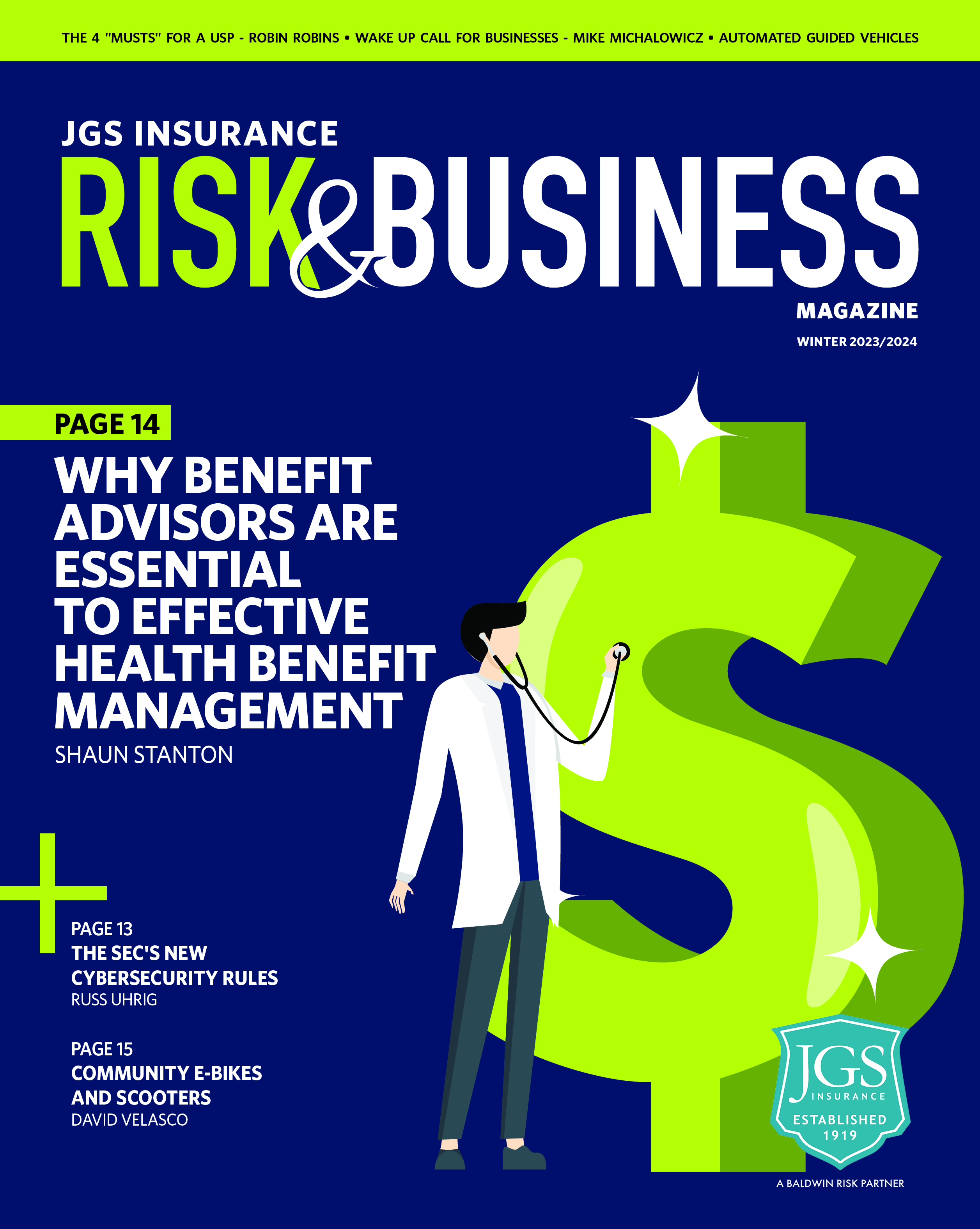How to Prepare Your Home and Business for Hurricane Season
Hurricane season is upon us, and forecasters for the National Oceanic and Atmospheric Administration (NOAA) are predicting above-average storm activity this year. Is your home or business prepared to stand the high-velocity winds? JGS wants you to be safe and secure before, during, and after the next big storm hits.
Tips for Home and Family Preparedness
Look over your home and make sure all critical repairs are made inside and out before the season hits. For example, caulk around exterior doors and windows to seal cracks and openings, make sure to secure your fireplace dampers and flues, and clean up your yard.
Is your home accessible to police and fire department personnel during an emergency? If your home is gated, you might consider installing a Knox Rapid Access System, which is powered by one master key. Also, make sure your address numbers are clearly marked on the street so first responders can easily identify your location.
Take inventory of all your valuable items so the claims process will go more efficiently in the event of a catastrophic loss. This should at least include detailed descriptions of each object. You’ll also want to have a current insurance valuation of each item to make sure your collection is adequately insured. It’s a good idea to eliminate unnecessary hazards around your collection, i.e., anything that’s flammable or combustible.
Most personal documents are difficult to replace, so it’s a good idea to keep them protected in a bank safe deposit box or other off-site storage. This would include paperwork like birth and marriage certificates, deeds, titles for vehicles, wills, passports, bank information, and copies of insurance policies.
Steps to Take in Your Home before, during, and after a Storm Hits
Before:
- Prune your trees of weak branches.
- Use durable native plants for your landscape design.
- Use mulch instead of pebbles around plantings as pebbles can become flying objects causing damage during high winds.
- Ensure your terrace and balcony drains are not clogged.
- Replace standard windows with impact-resistant windows.
During:
- Move loose personal possessions to the center of your home, away from doors and windows.
- Remove all patio furniture from your outdoor space and leave them in your garage or house.
- Make sure your back-up generator is filled with fuel.
- Place all of your important documents in a sealed plastic container.
After:
- If water gets into your home, call a restoration company immediately to begin the extraction process.
- Run your air conditioner to dehumidify the house.
- Call your insurance broker to report any damage.
Tips for Business Preparedness
The first and most important step is preparing a business continuity plan. In the event of disaster, you want to be able to move your business forward and beyond the event.
Important steps to include:
- Verify important contact information for employees, vendors, and suppliers.
- Develop a written plan that incorporates a set of specific hurricane-related task assignments for your staff.
- Ensure that staff members who are on site during a storm have emergency items on hand like water, flashlights, and first-aid supplies.
- Identify an alternative site from which you can operate your business should your present location become unusable after the storm.
Some of the essential equipment you should always have on hand include battery-operated radios with spare batteries, a tool kit for boarding up doors and windows, mops and squeegees for removing excess water, and a small generator if possible.
This is a good time to take stock of your coverage. Review your policy with your insurance broker so you understand the amount you will receive in the event of a covered loss. Keep available your insurance company’s toll-free claims number and broker’s name in your emergency kit.
Steps to Take in Your Business before, during and after a Storm Hits
Before:
- Take photos of your property, which will make the claims process easier in the event there is damage.
- Clean your floors and drainage pumps.
- Make sure to keep your fuel tanks on your emergency generator filled.
During:
- Tie down any items that are outside your building that could blow away during the storm.
- Keep cash on hand as banks may not open immediately following the storm.
- Secure your doors and windows from outside flying debris.
- Shut off the lines carrying gas or flammable liquids in case a pipe should break.
- Make sure to shut down your production process and turn off the electricity at the power source.
- Evacuate your employees to safety.
After:
- Contact your employees to make sure they and their families are safe.
- Do a thorough check of your circuits and equipment before restoring your power.
- Bring together a recovery team to implement your business continuity plan.
- Immediately contact your insurance agent to report any damage or loss.
A hurricane or severe storm does not have to mean total devastation for your home or business as long as you prepare well, stay calm, and follow through with your safety plans.
